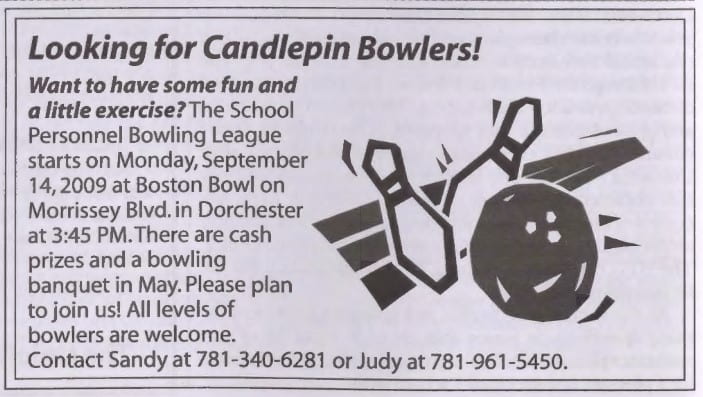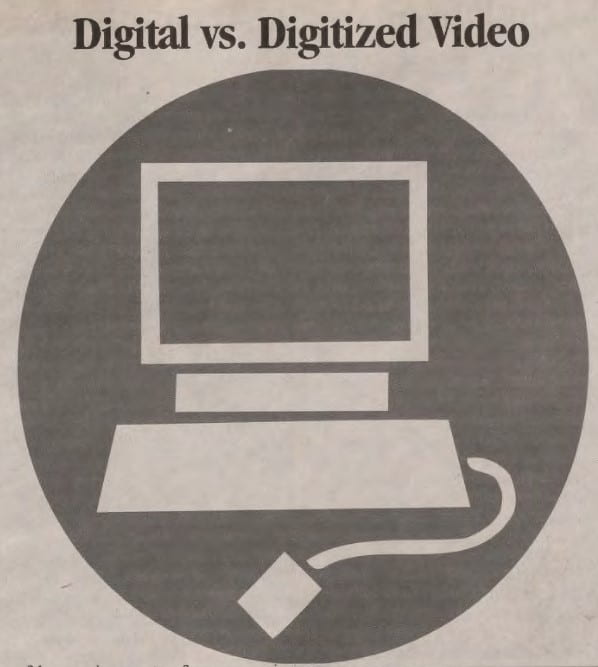It was the third week of our Digital Public History class, and we were finally going into the archives. We had already dipped our toes into a wealth of information about the current best practices in Digital Humanities exhibits and archives, and we had also spent time learning about this semester’s project: a deep dive into the newly-digitized archives of the newspapers of the Boston Teacher’s Union. We had read versions of the Boston Union Teacher newspaper online, but today we were going to be able to open the boxes, to hold and touch and read through the original documents.
After an introduction by one of the UMass Boston librarians, we were set free, in small groups, to look through the boxes of documents. I remember the stress of carefully lifting the fragile pages, how carefully we moved them, making sure to put things back in the same order they had come from in the dozens of manila folders. I remember, also, the excitement of seeing the names and photos of people who were already becoming familiar to us from our research into the history of the Boston Teacher’s Union.
Turning the pages, we all saw lots of interesting ideas for topics!
Some initial ideas included:

- Advertising – I was curious about which businesses chose to advertise in the Boston Union Teacher, and why, and what their relationship was to the union and union membership.
- Creative writing & teachers’ poetry – Many poems have been included in the paper over the years, and they provide an interesting pathway for reflecting on the experience of being an educator.
- Discussions of teacher’s practice – Teachers talking about teaching, and examples of teachers sharing best practices in their classroom over time.
- Ethnic Studies Program – Stories in the newspaper could help trace the evolution and earlier iterations of the push for a more inclusive curriculum.
- Leisure – There were ads for Candlepin Bowling outings, Barbeques, and other social get-togethers for teachers. How important were these, who participated, and do events like this still happen?

- Women’s Rights – There were several articles in 1974-5 about a “Women’s Conference” and women’s rights in general. It could be interesting to think about how the Women’s Liberation movement affected Boston’s teachers.
- Proposition 2 ½ – It could be important to explore the impact of this pivotal property tax bill on the public schools in Massachusetts, and the union’s response.

- Evolution of Technology – There was an article in the November 1998 issue by Nancy Jones called “Digital vs. Digitized Video,” which included this excellent topic sentence: “There are numerous moving picture formats in existence today that are called ‘digital video.’” It really made me think about all the different technologies educators have had to adapt to over the years, and how each new leap forward means yet another learning curve to conquer in the classroom.
- Northern Ireland – I found a fascinating editorial in the September 1969 issue comparing “the civil rights movement of the Catholic minority” in Northern Ireland to the Civil Rights movement in the Southern US.
- Vacations – There were numerous ads for “Teacher’s get-aways” and discount tickets for cruises to Cancun and other places. How many teachers went on these types of vacations? Again, what was the relationship between the advertisers and the union?
Many students were drawn to some of the more contentious times in the union’s history, including the response to Judge Garrity’s desegregation orders in the 1970s, and the union’s response to the teacher layoffs in 1981. I ended up doing my deeper dive exhibit on this latter topic, with help from BTU organizer Ari Branz, building on research they had done in the Fall of 2021. It was particularly powerful to get to work with the oral histories collected from BTU members, and to hear the emotion in their voices as they talked about events that had happened over 40 years ago. It was a vivid reminder of the ways in which what has happened to us becomes a part of who we are, and we each use the stories of the past to make sense of the present.
I wished I had time to pursue all of these different threads, and dig deeper into each of the topics. Over the course of the class, however, almost all of these topics got picked up and investigated by at least one of the other students. So, even though I didn’t have time as an individual to research all of those topics, as a class, we did a pretty good job of covering as much as we could. The BTU archives are such an incredible source of information, particularly around Boston history, labor history, the history of the Boston public schools, and of the union itself. I know there is much, much more to explore.